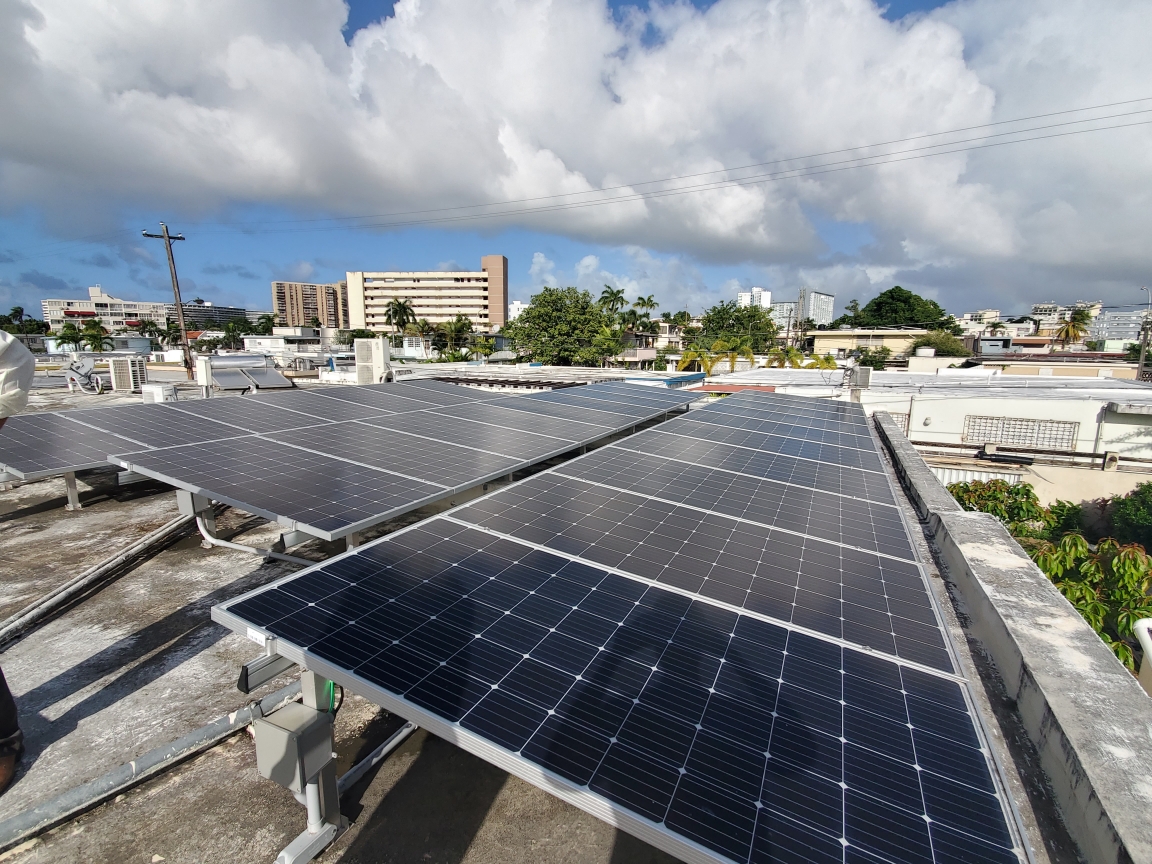Puerto Rico power authority debt plan would create unsustainable burden

A plan by a federal oversight board to restructure the debt of the island’s struggling power authority is “divorced from the history and ongoing reality of Puerto Rico’s electrical system,” an IEEFA expert testified on May 15th.
Tom Sanzillo, director of financial analysis for the research organization, said the plan by the Financial Oversight and Management Board (FOMB) to restructure more than $9 billion in debt owed by the Puerto Rico Electric Power Authority (PREPA) would create an unsustainable burden on island residents.
The bankruptcy of PREPA, with more than $9 billion in unpaid bond debt and other obligations, represents one of the largest municipal debt restructurings in the United States. FOMB has proposed a plan that would repay $5.68 billion of the bond debt through the imposition of new, double-digit rate increases over the next several decades. In April 28 testimony, PREPA’s bondholders argued that Puerto Rico could actually afford to pay $13.4 billion—more than double the amount proposed by the oversight board.
Sanzillo’s testimony emphasized how far Puerto Rico currently is from having a financially sustainable electrical system, even in the absence of any charge to repay legacy debt. He noted that PREPA still does not have a credibly balanced budget; it has not met previous rate affordability targets established by the FOMB; and the grid is less reliable today than it was before Hurricane Maria.
"The judge is faced with an untenable choice. If she approves this deal, it will saddle PREPA, its customers and Puerto Rico's economy with an unsustainable financial burden. If she rejects it PREPA is threatened with decades of lawsuits,” Sanzillo said. “It would be better if the decision was postponed and a solutions based agreement is developed. There are better financial solutions for PREPA, but so far the choices being made will not result in a safe, reliable, and affordable electricity that can contribute to Puerto Rico's economic growth."
Sanzillo criticized both bondholders and the board for underestimating future fuel prices to the tune of billions of dollars under the plan; for not taking into account delays and recent government decisions that increase dependence on fossil fuels and crowd out the transition to renewable energy; for not incorporating sufficient capital and operational resources into the electrical system’s future budget to meet basic reliability standards; and for failing to grasp the speed with which customers are moving towards rooftop solar and storage in response to the deteriorating grid.
“The historic difficulty of achieving a transformation to renewable energy and the political pressures operating against it mean that there will be no chance of generating the cash surpluses necessary to pay for legacy debt,” Sanzillo said. “A high-priced, fossil fuel-dependent electricity system will contribute to Puerto Rico’s weak economic outlook. Starving the system of capital and operational spending means that basic reliability standards cannot be met, which is a red flag not only to residential customers but also to manufacturers.”
The United States District Court for the District of Puerto Rico will conduct a hearing on the plan in late July.













